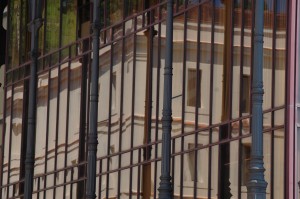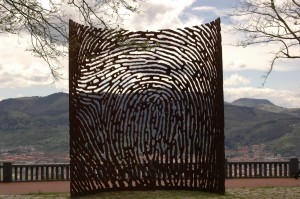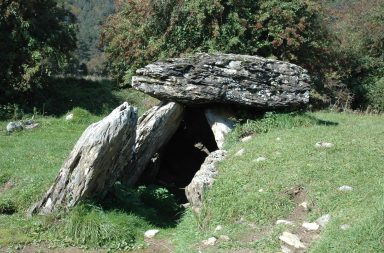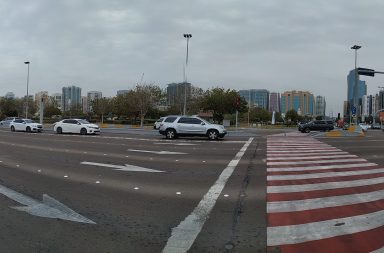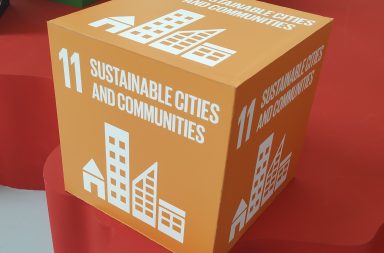The transformation of Bilbao is, from my point of view, the result of 700 years of history (medieval heritage, trade links to the world via the river and the port, industrial strength…) showing its value over the last thirty years: in which leading role players have acted on a stage of young democracy and self-government, not exempt from threats and setbacks; through a relational governance model, which has been empowering the innovative creative capacity of each and every one of them in favor of greater social cohesion; and through an integrated project of urban transformation and, consequently, economic, social, environmental and leisure as well.
The economic-financial crisis which started in 2009 has been undermining the very bases of the democratic state and the welfare society (Navarro, Torres & Garzón,2011). Its impact has been felt in Basque society and, logically, in the city of Bilbao and its metropolitan area. The economic turndown, the increase in unemployment, the reduction in fiscal income of the provincial administration, a decrease in capacity for public spending, constraints on private spending, the increase in the number of people in danger of exclusion and on the threshold of poverty, are some of the issues facing Bilbao at present. What was achieved in previous decades is seriously at risk.
In the same way that thirty years ago Bilbao society was able to turn the city into an example of urban transformation and renovation, now it will be necessary, as stated in Bilbao Next [1], the current strategy of Bilbao City Council, “to point the economy of the city in the right direction and adjust public, private and social agents to achieve the integration of Bilbao with its territory and the union of urban policies with those of the economy” strengthening exterior connectivity, internal mobility, the centres of neighborhoods, the university triangle, and the commitment to knowledge, spaces of opportunity, technology, art, design and quality of life (Aldekoa,2013;181). The city faces the need to integrate territory, economy and society in all that is attractive and with outward, exterior projection, with, at the same time, sustainable urban development, economy of knowledge and social cohesion.
Bilbao, like many cities which have fared relatively well in the transition from being an industrial city to a post-industrial city, faces a new challenge if it does not want to die of self-satisfaction. To overcome the present crisis it will have to continue advancing in the integration of territory, economy and society. In order to do so, the main actors (institutions, companies, social entities and the citizens) will have to think, feel, learn and do in the design and development of the new transformation of Bilbao. This must be a transformation based on an intelligent government (Innerarity,2011; Berggruen & Gardels,2013) and, also, on the sensible government of the phenomenon of leisure, from radical and humanist innovation, (San Salvador del Valle & Ortega,2012) in which:
- The glocal character of this new transformation is strengthened: the current judicial models, the levels of intervention, the competencies and intervention capacities of institutions, companies, social bodies and the citizens of Bilbao must suitably synthesize both the local and the global (Borja & Castells,1997).
- The relational, inclusive, participative and co-creative character of the new transformation is strengthened: its success is based on the fruitful implication of all the players (San Salvador del Valle,2000).
- The sustainable character of the transformation is developed: utilizing the plans, budgets, regulations, projects, programmes, services, events and facilities from a responsible and sustainable social commitment (Malouf,2009; Lippovetsky,2010; Richards & Palmer, 2010; Ortega, 2010)
- The integral nature of the new transformation is preserved: in the search for balance between attraction and cohesion; between the coordinated advance of centrality, community development, decentralization and deconcentration (San Salvador del Valle,2010; Castells,2012)
- The rational, creative and empathic character of the profile of the new transformation is promoted: conjugating ideas, values, knowledge, competencies, fostering creativity and control of emotions in general and overall (Cuenca,2009; Camps,2011).
In an in-depth interpretation of the process of transformation of Bilbao and the role played by the phenomenon of leisure, some lights are found which can illuminate the way and some shadows are found which are to be avoided in the face of new challenges. Lights and shadows which could be useful to other cities.
